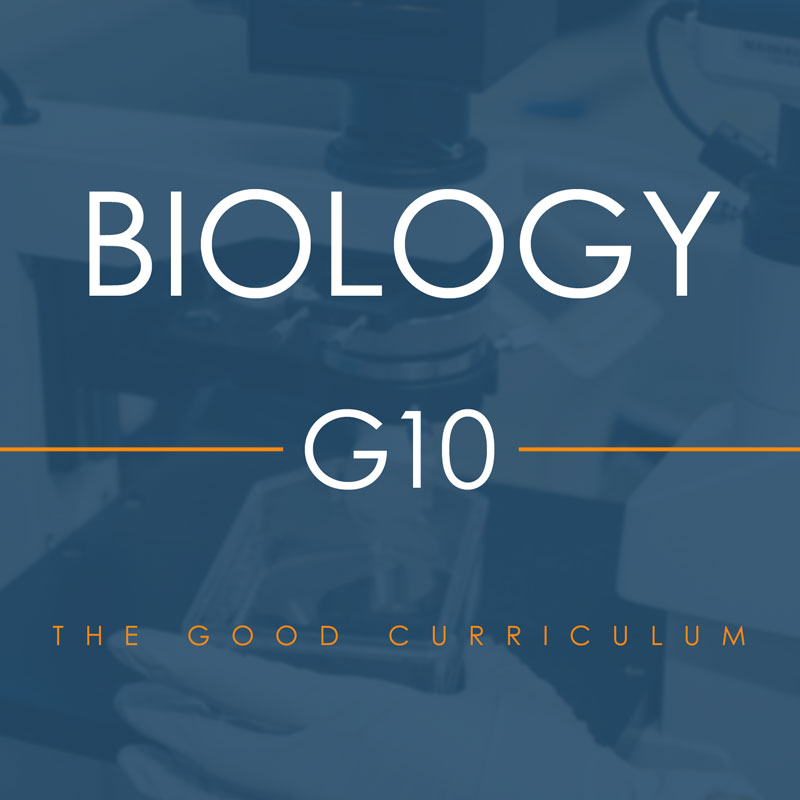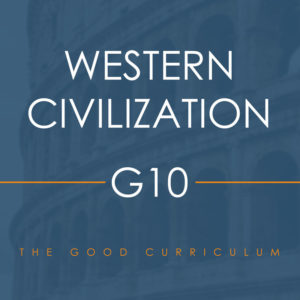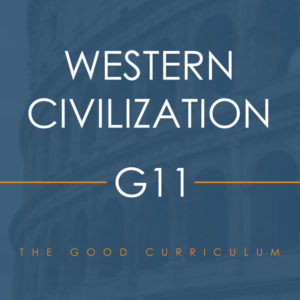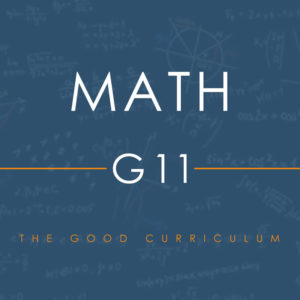Description
Unlike any mainstream high school biology class, this course incorporates research articles written by scientists who have done groundbreaking work in the lab and field.
https://www.youtube.com/watch?v=-1jKvWusWuw#action=share
Biology is the science of life. It covers everything around you and everything you do. Knowing what happens to the oxygen you take in with every breath is a part of biology.
Biology is highly useful, if not critical, for many careers and lifestyles. Obviously if you want to be a medical practitioner, biology is vital.
But your ability to grow food and care for plants and animals is also enhanced by your knowledge of biology. Understanding the workings of the human body will help you make informed decisions about your health. It could even make you a better athlete.
Biology can also be a matter of pure enjoyment. If you’ve ever fallen in love with a beautiful outdoor place, if you love animals or gardening, then this class is for you.
- This course does not teach evolution.
This course begins with a definition of life, and the ways that energy and matter move through an ecosystem. Then we’ll look at the basic machinery of life, starting with the individual atoms and molecules that ultimately constitute this machinery.
For the first several weeks, we’ll be studying proteins, DNA, cells, and other things that are too small to see. But this will give you a solid foundation for what comes next. It’s a lot of technical information to absorb at once, but we will be returning to it with new examples throughout the course.
Building upon the knowledge of molecules, complex structures such as proteins and ultimately the cell, we will then study some of the smallest living things: unicellular (single-celled) organisms. Gradually we’ll learn about ever more advanced creatures, and the system biologists use to classify them.
All of this will culminate in a study of the human body, the different structures within that system, and finally the human brain. Essentially you’ll know how living things work, from a single bacterium to the most complex multicellular organisms.
The readings will reinforce what you learn in the videos, and often expand upon it.
Most of the reading assignments after the first week will seem dry and difficult at first, but there is a reason for this. They mostly consist of formal published research papers that follow a specific format that is short and precise.
Once you are familiar with the structure, you will be able to read scientific literature. You will then have a level of preparation that is far above anyone in a typical public school. Virtually nobody reads these documents unless they are doing research themselves.
Scientific literature is always dumbed down by the mass media. Even popular science books, which often contain sophisticated ideas, are often highly diluted. As a result, our society is filled with pundits who think they know what they’re talking about.
These people can promote popular misconceptions about global warming, medications, and health fads. If you do well in this course, you’ll be able to see right through the rhetoric. You’ll greatly improve your potential for a long, healthy, and prosperous life.
In this way, biology is an important tool for personal freedom.





Reviews
There are no reviews yet.